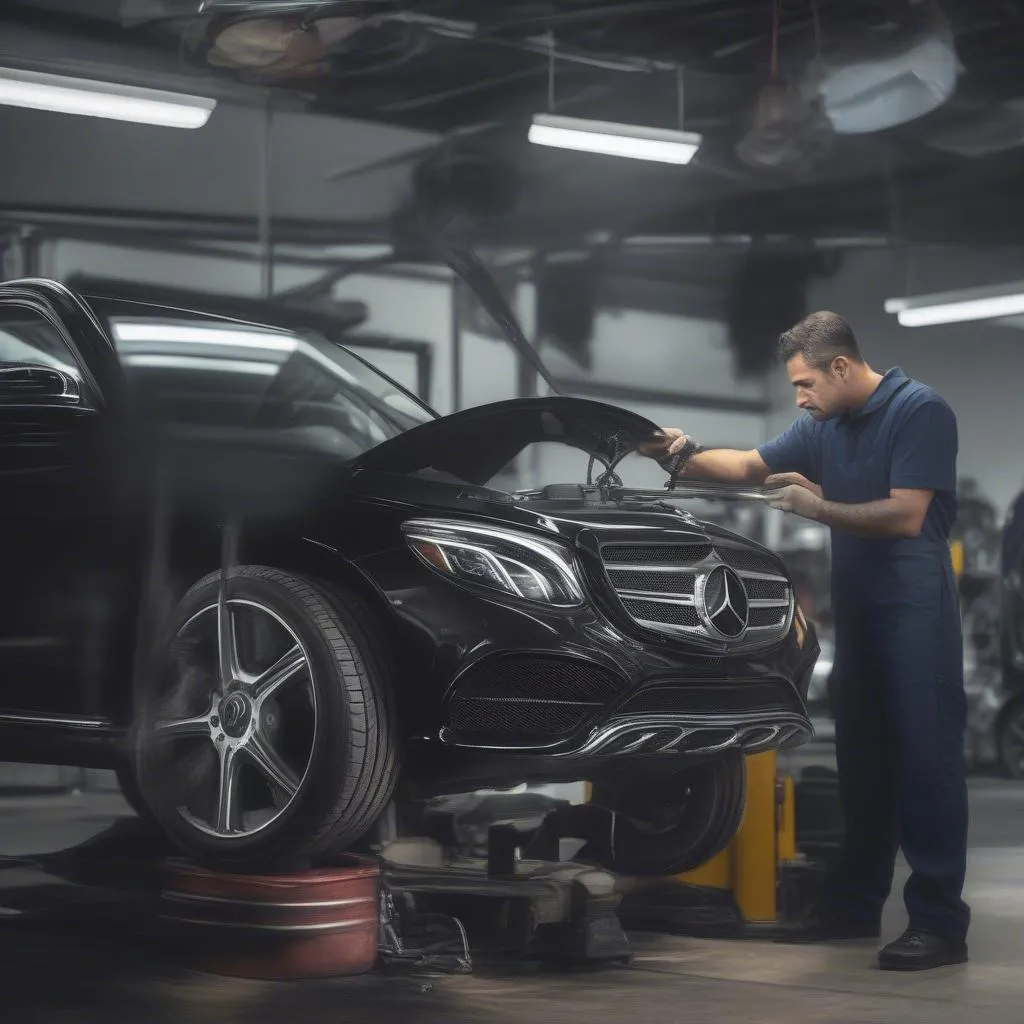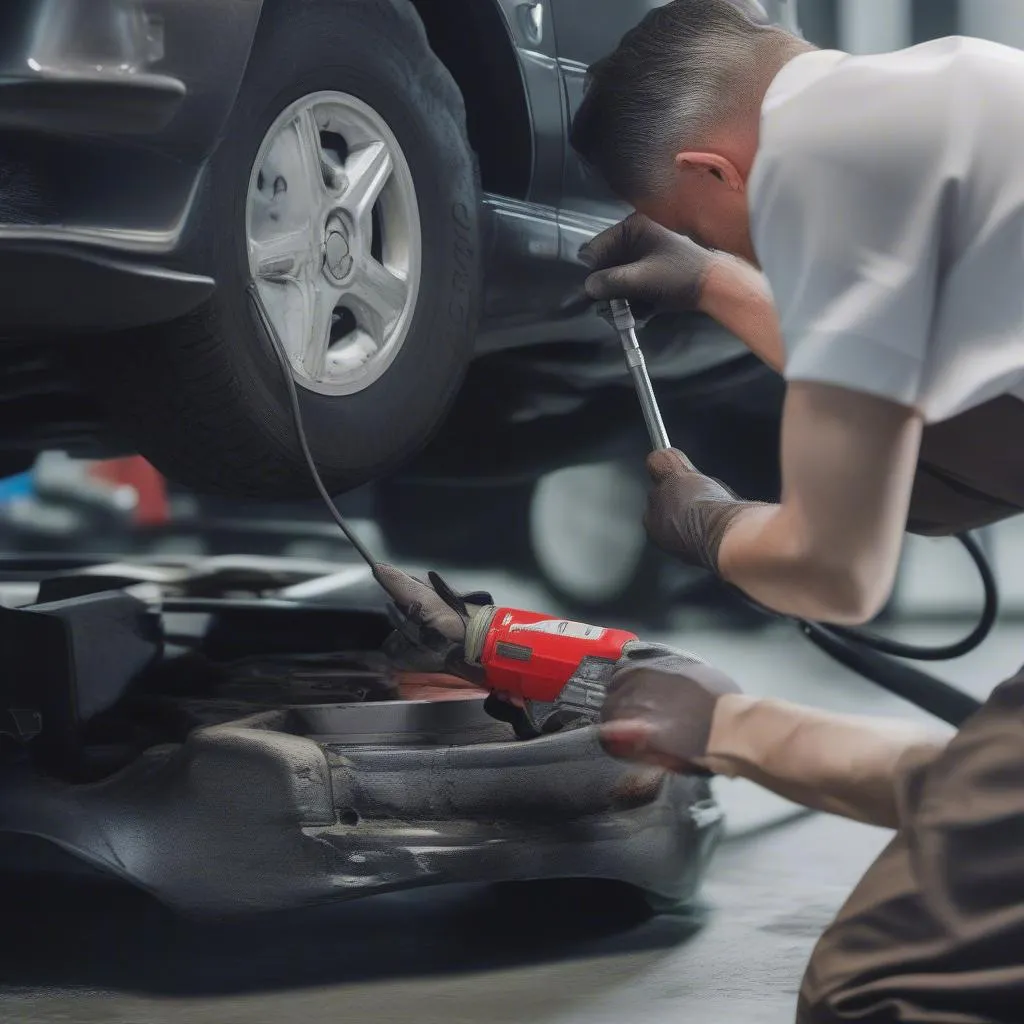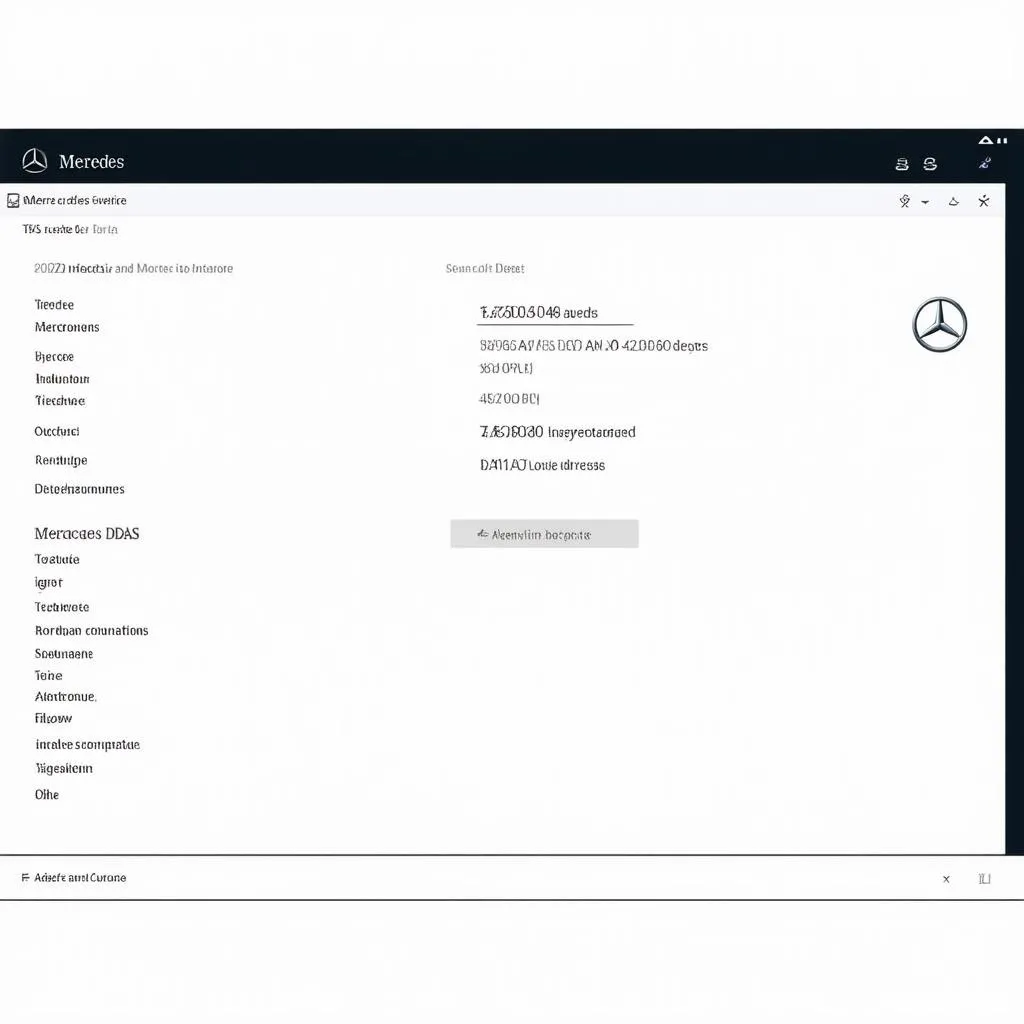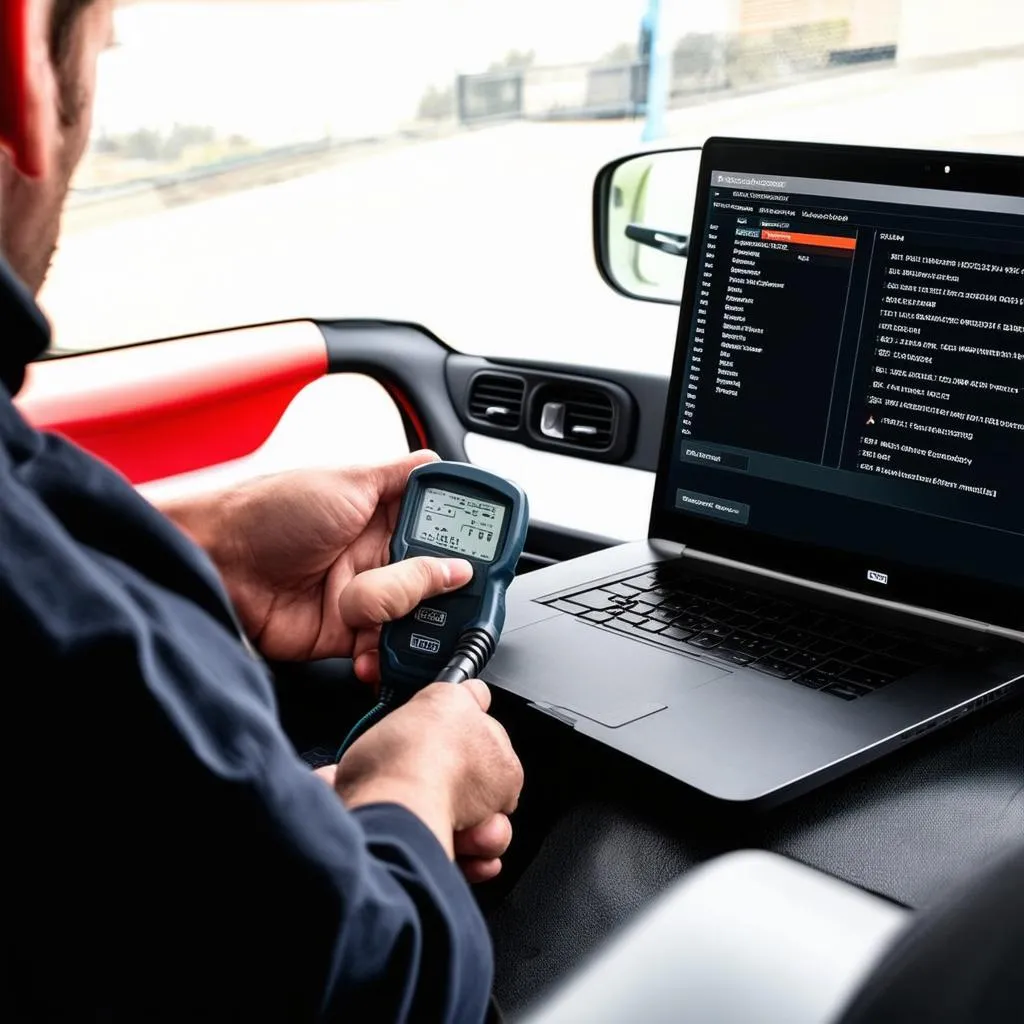Owning a Mercedes Benz in Miami means enjoying the sun-drenched streets in style. But even the most luxurious vehicles need maintenance, and when it comes to safety, your brake system is non-negotiable. Finding a trustworthy, reliable place to fix your Mercedes brakes in Miami doesn’t have to be a chore. This guide will steer you in the right direction!
Understanding Your Mercedes Brake System
Before diving into where to fix your brakes, it’s helpful to understand how they work. Mercedes are renowned for their sophisticated braking systems, often incorporating features like:
- Anti-lock Braking System (ABS): Prevents wheel lockup during hard braking, enhancing control.
- Electronic Stability Program (ESP): Helps maintain vehicle stability during cornering and slippery conditions.
- Brake Assist System (BAS): Recognizes emergency braking situations and maximizes braking force.
These complex systems require expert care. As a Mercedes owner, you’ll want a mechanic familiar with these advanced technologies.
“Modern braking systems are interconnected with various vehicle components,” says automotive engineer, Dr. Susan Miller, author of “Automotive Braking: Systems and Safety.” “Proper diagnosis and repair requires not only mechanical expertise but also a deep understanding of electronic control systems.”
Recognizing Brake Problems
Ignoring the warning signs of brake problems can lead to dangerous situations. Here’s what to watch out for:
- Squealing or screeching brakes: This could signal worn brake pads – a common issue that needs immediate attention.
- Grinding noise when braking: If you hear grinding, it could mean your brake pads are completely worn, and metal is scraping against the rotors. This requires immediate attention.
- Vibrations or pulsating when braking: This often indicates warped brake rotors, which affect braking efficiency and smoothness.
- Soft or spongy brake pedal: A change in brake pedal feel, such as feeling soft or spongy, could point towards a problem with your brake fluid or brake lines.
What You’ll Need for Basic Brake Repair
While it’s generally recommended to take your Mercedes to a qualified mechanic for brake repairs, understanding the basics can help you diagnose the issue and communicate effectively:
- New brake pads: The friction material that wears down over time.
- Brake rotors (if needed): The metal discs that the brake pads clamp onto.
- Brake fluid: Hydraulic fluid that transmits force to the brakes.
- Tools: Jack, lug wrench, socket set, wrenches, C-clamp.
Steps for Basic Brake Pad Replacement:
Remember: Working on your car’s braking system can be dangerous if you are not familiar with automotive repair.
- Safety first: Always work in a well-ventilated area and ensure the vehicle is securely supported on jack stands.
- Remove the wheels: Loosen the lug nuts before jacking up the car.
- Access the brake caliper: Remove the caliper bolts to release the old brake pads.
- Compress the caliper piston: Use a C-clamp to push the piston back into the caliper.
- Install the new brake pads: Ensure they are seated correctly in the caliper bracket.
- Reassemble: Reinstall the caliper, tighten bolts to the correct torque, and remount the wheels.
- Bleed the brakes (if necessary): If you’ve opened the brake lines, bleeding the system is crucial to remove air bubbles.
- Test thoroughly: After any brake work, test the brakes in a safe environment at low speeds.
Finding the Best Brake Repair in Miami
- Dealerships: Mercedes-Benz dealerships have specialized technicians and access to genuine parts but can be pricey.
- Independent Mercedes Specialists: These shops often have experienced technicians familiar with Mercedes and may offer more competitive rates.
- Reputable Chain Repair Shops: Some national chains have trained mechanics who can handle Mercedes brake repairs, providing convenience and potentially lower costs.
Finding a Reliable Mechanic:
- Read online reviews: Websites and forums can offer insights from other Mercedes owners in Miami.
- Ask for recommendations: Tap into local Mercedes clubs or groups for referrals.
- Check for certifications: ASE (Automotive Service Excellence) certification indicates a mechanic has met industry standards.
 Mercedes Brake Repair in Miami
Mercedes Brake Repair in Miami
FAQs about Mercedes Brake Repair in Miami:
-
Q: How often should I get my Mercedes brakes checked?
- A: It’s recommended to have your brakes inspected at least once a year or every 10,000-12,000 miles.
-
Q: Can I use aftermarket brake parts on my Mercedes?
- A: While aftermarket parts might be tempting due to lower costs, using genuine Mercedes parts is generally recommended for optimal performance and longevity.
-
Q: What is a brake fluid flush and why is it important?
- A: Brake fluid can absorb moisture over time, reducing its effectiveness. A brake fluid flush replaces old fluid with fresh fluid, ensuring optimal brake performance.
 Mercedes Brake Fluid Flush
Mercedes Brake Fluid Flush
Cardiagtech: Your Diagnostic Partner
For those comfortable with more advanced DIY diagnostics, tools like the ones offered by CARDIAGTECH can help pinpoint brake system issues. However, keep in mind that these tools are most effective when used by individuals with a good understanding of automotive systems.
Your Mercedes, Your Safety
Taking care of your Mercedes brakes is an investment in your safety and the longevity of your vehicle. By understanding how your brakes work, recognizing potential problems, and knowing where to find reliable repair services in Miami, you can enjoy those scenic drives with peace of mind.


